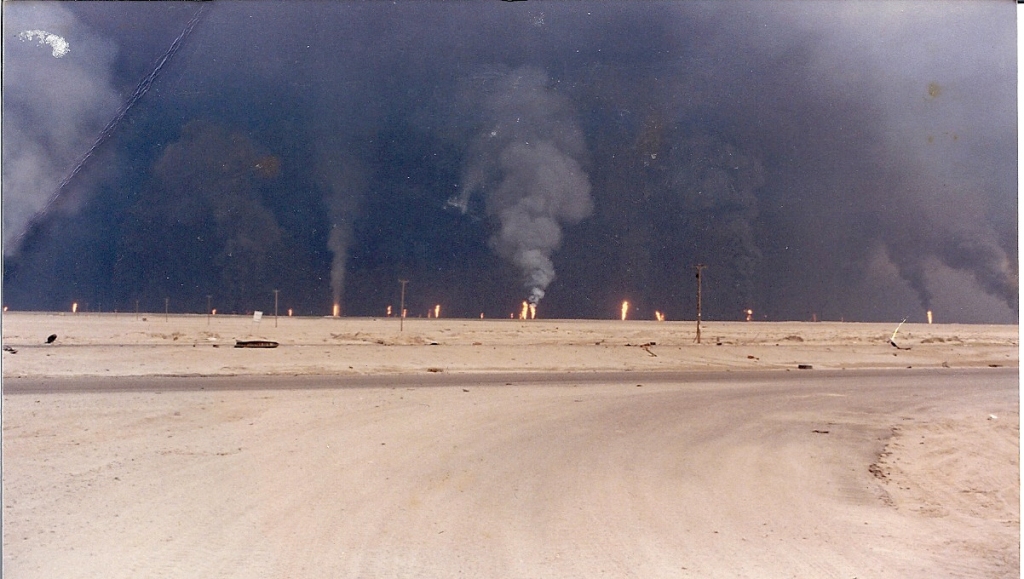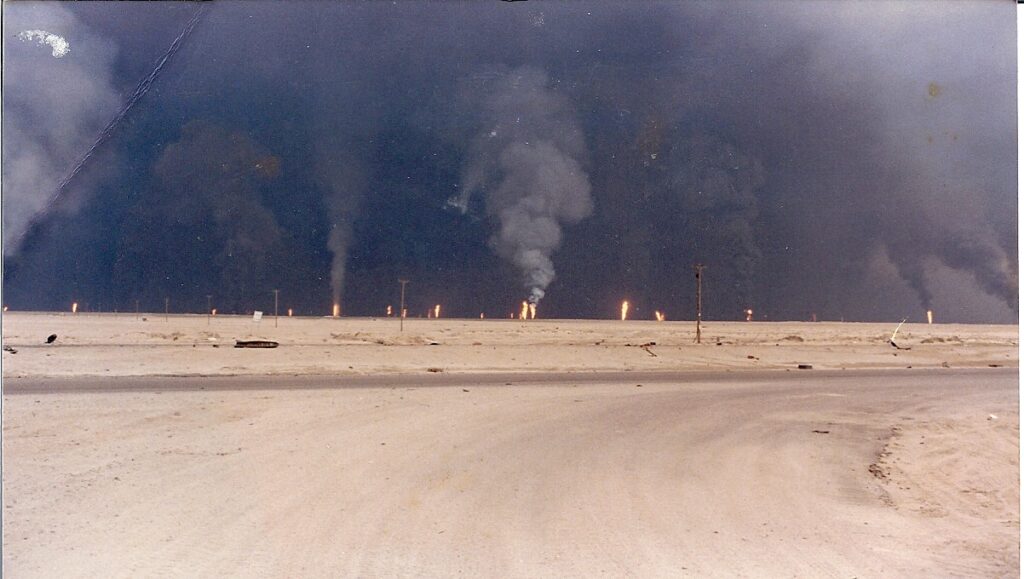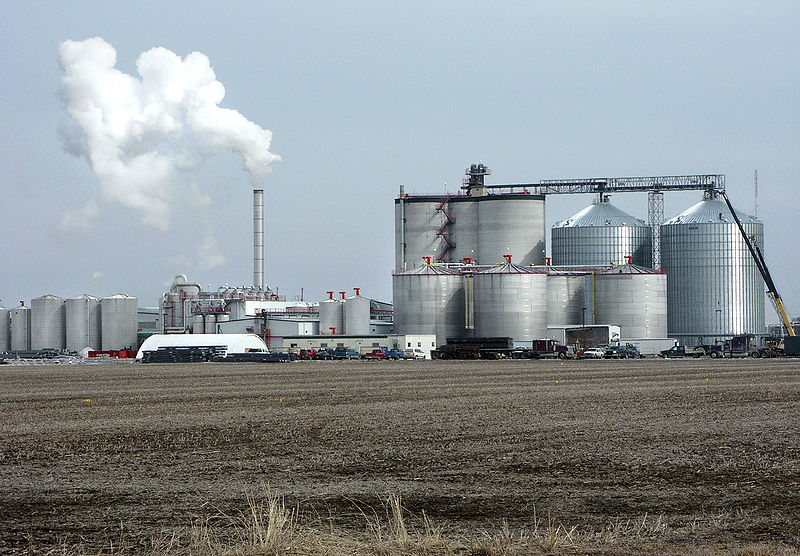This piece is the second part of Glimpse’s “Contemporary Geopolitics Series”

The last century has seen the Middle East and North Africa region (MENA) and the countries that form it repeatedly fall into disarray and instability. Authoritarian regimes led by dictators and monarchs have oppressed millions of people and killed thousands more. Ethnic clashes and religious divides create borders not recognized by the international system. This perpetual conflict forces the governments of the “legitimate” states that enfold these conflicts to resort to brutal ways of retaining a semblance of stability. As the region falls into further disarray with the Islamic State (IS) invading Syrian and Iraqi territory this past summer and fall, and, since then, imposing the most austere form of Sharia law over those conquered, the world wonders why such extensive, unending atrocities continue to occur.
The borders separating the MENA countries were drawn by British and French imperialists in the early 20th century with no regard for the ethnic, religious and ideological divides of the people inhabiting the region. The unnatural borders largely explain why MENA as a region has been so unstable and, with the exception of Tunisia, yet unable to form true democracy. The state borders are unnatural for the people living there, and, almost a century after they were drawn, are beginning to break down.
In past centuries, the geopolitics of the MENA region have been defined by ideological conflict between religions and sects, in addition to smaller wars over the rich resources and land. During the height of the Ottoman Empire’s power in the 17th, 18th, and 19th centuries, the vast spread of the Empire’s lands created a common market under which the region could unite. Eventually, the Ottomans also opened the area to European imperial and colonial powers that were interested in securing ownership of the region’s resources, as well as controlling land access to Asian markets. At the fall of the Ottoman Empire, European powers such as France, Britain and Italy took control of the region and divided it amongst themselves based on their interests. These colonial powers expanded their empires and imposed their own (usually oppressive) forms of governance and law, thereby creating the basis for deeply held anti-Western sentiments within MENA’s civil populations.
However, the existence of oil in the MENA region has shaped the region’s role as a paramount focus of the rest of the world. The innovations of oil extraction – and the discovery of the world’s greatest oil deposits throughout the MENA region – sealed the region’s fate as a strategic foreign policy interest for the rest of the world. Oil is the global economy’s lifeblood, and thus it penetrates the crucial interests of all states. Such reliance on one resource forces states to engage in the global economy, especially when dealing with the politics of the “arteries” – oil pipelines – that physically connect countries through trade.
In one sense, the global reliance on oil allows the MENA countries containing oil deposits – especially those located in the Persian Gulf that possess a great proportion of the oil fields – to affect the global economy with their manipulation of oil prices, and, in turn, reap enormous economic benefits. We’re seeing a dramatic example of this price manipulation today as the Organization of Petroleum Exporting Countries (OPEC) is blamed for the current oil glut and sharp drop of prices, which is negatively affecting the global oil companies and the global market.
When a government is able to garner the vast majority of its income from its own natural resources, the government does not need to rely on taxes from the populace for income. It will therefore be less likely to acknowledge the political preferences of the population, and more likely to form an authoritarian and/or monarchical state than a democratic one; this type of government is called a rentier state. As a result, the vast monetary benefits of the oil economy on the MENA region points to the main consequence of this resource monopoly: that the oil-rich states have also historically been politically oppressive of their citizens. The nature of the relationship between the populace and the government leads to repeated instances of unrest, instability and human rights violations in every oil-rich MENA country, bar none. This social and political flux is one side effect of the “resource curse,” a concept that describes the comparatively slow political, economic and social development of countries with an abundance of natural resources in relation to countries without such extensive assets.
The external effects of the global oil market have reinforced these negative political tendencies. Powerful Western governments, in particular the US, prioritize oil and the stability of the oil markets as a vital national interest. In order to control access to the oil – a position for which the world powers heavily jockeyed during and after the Cold War – the US and its Western allies facilitated the overthrow of any Arab leaders not sympathetic to Western interests. At the same time, the US also placed and supported certain leaders who would most likely ensure political stability and protect US oil interests. In most, if not all, of these cases, these new leaders overly oppressed the populace in order to prevent political opposition and rebellion. This constant oppression throughout MENA explains why the region is the most militarized in the world; authoritarian Arab states’ militaries are funded by the US and other Western governments so that stability – both within and between the MENA states, and regardless of the consequences to the populace – is ensured.
But the regional standard of oppression and Western control was to end abruptly with the intraregional popular uprisings that began in 2011. The Arab Spring three years ago was supposed to represent a symbol of pan-Arabism – the unity of all Arabs prioritized over nationalistic or even ethnic or religious boundaries – and a sign of solidarity against the constant oppression of the people, regardless of ideology or background. Yet, the oil-rich Gulf States failed to join the Spring movement, and some of the offending regimes were able to retain power. Now, the ethnic and ideological boundaries are once again creating widespread instability.
In these ways, largely driven by not only the global dominance of the oil market, but also the geopolitical history of the region long before oil was discovered, it is possible to see why the MENA region has continuously remained unstable and insecure. Regional geopolitics also explain why the Arab Spring of 2011 was so surprising to scholars of the region, why authoritarian regimes and bureaucratic monarchies continue to rule the region despite the democratization of much of the rest of the world, and why US interests have focused so singularly on a region without prioritizing the well-being of the people there. The future of the MENA region, from that of its literal borders to the existence of its governments, is still cloudy and may continue to remain so until the region settles into an identity acceptable to all the countries, groups, religions and people who must share its space.
The views expressed by the author do not necessarily reflect those of the Glimpse from the Globe staff, editors, or governors.








